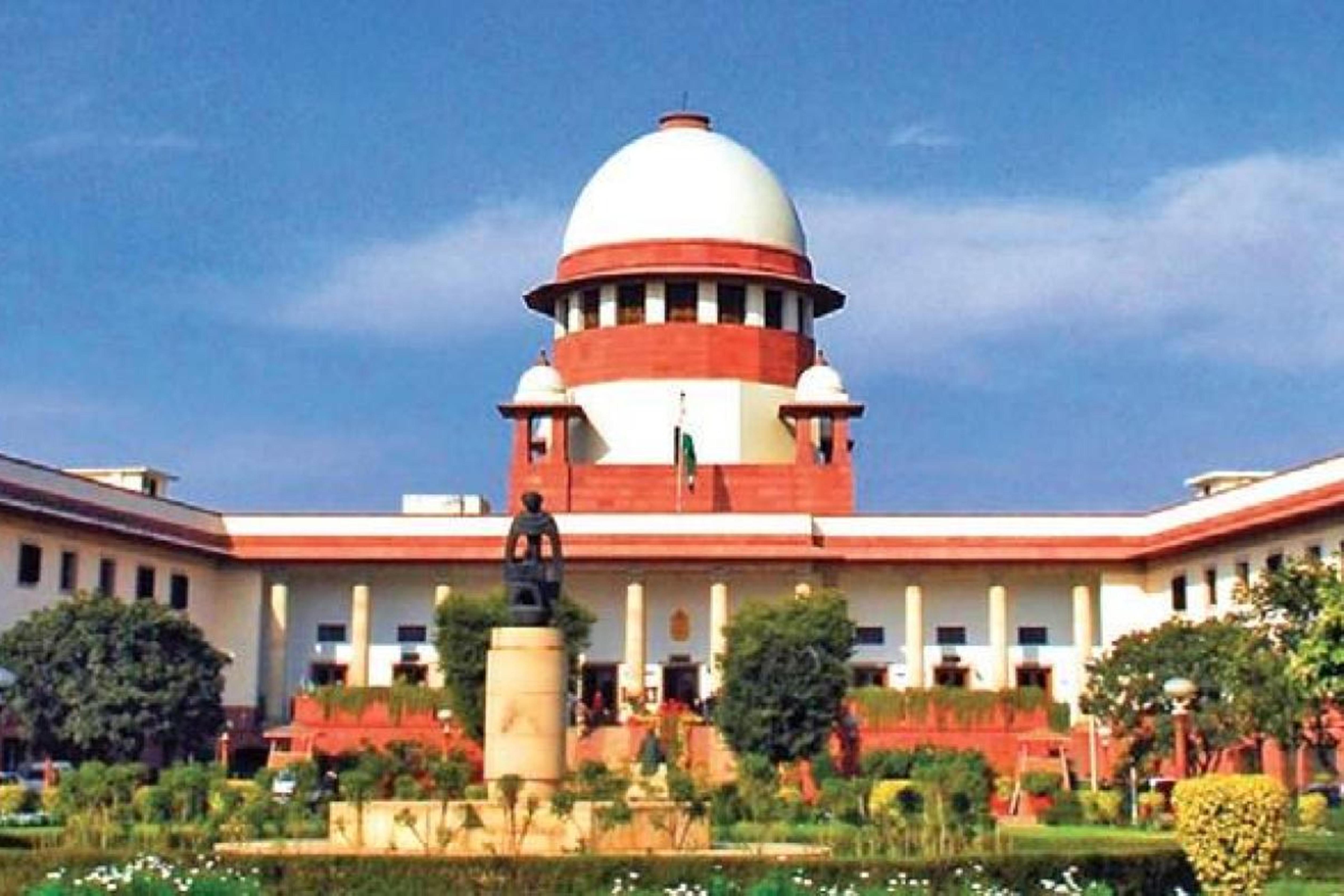New Delhi, July 27:
Delhi High Court on Tuesday adjourned a petition for the next hearing on August 31
that seeks creation and appointment of additional public prosecutors in the
courts for trial of cases under the POCSO act and rape.
The Division Bench of
Chief Justice D.N. Patel and Justice Jyoti Singh deferred the hearing to August
31 after Santosh Kumar Tripathi, Standing Counsel for Delhi government, sought
time from the Court to file a reply in compliance with the last order, a report
from the court said.
It said that Tripathi
submitted that the earlier proposal for the creation of 73 additional posts was
rejected by the Administrative Department of Government and a fresh proposal
for 18 posts as moved by the Directorate of Prosecution, has been accepted and
is in the process of implementation.
Senior Counsel Ashish
Mohan, appearing for the petitioner association, informed the court that there
is an additional requirement of 73 APPs for speedy trial in 55 POCSO courts
that have been set up across the capital and thereby, the proposal was moved by
the Office of Directorate of Prosecution.
He urged the Court
that reply should be filed by the state to clearly indicate the number of
appointments proposed to be made in the special courts dealing with rape and
POCSO cases.
The bench of Chief
Justice D.N. Patel and Justice Jyoti Singh directed the Delhi Government to
stipulate clearly the time frame, within which the notification inviting applications
for appointment to the post of APPs be issued.
The plea stated that
in 2019, the Supreme Court had directed the Department of Prosecution to set up
special POCSO courts in each district with more than 100 cases under the POCSO
Act.
The plea sought
direction to the government to create and make appointments to these additional
posts. It said the Directorate of Prosecution proposed the creation of posts of
additional public prosecutors and also sent a proposal for the creation of two
such posts in each fast-track and POSCO court, the report said.
The petition contended
that presently, 55 fast-track and POCSO courts are functioning with 37 PPs,
which is leading to overburdening of the prosecution and an increase in the
pendency of rape and POCSO cases.
“Such a shortage of APPs is having adverse effects on the criminal justice system and the whole objective of establishing Fast Track Special courts for the trial of sensitive matters is being defeated by such shortage,” noted the plea.

